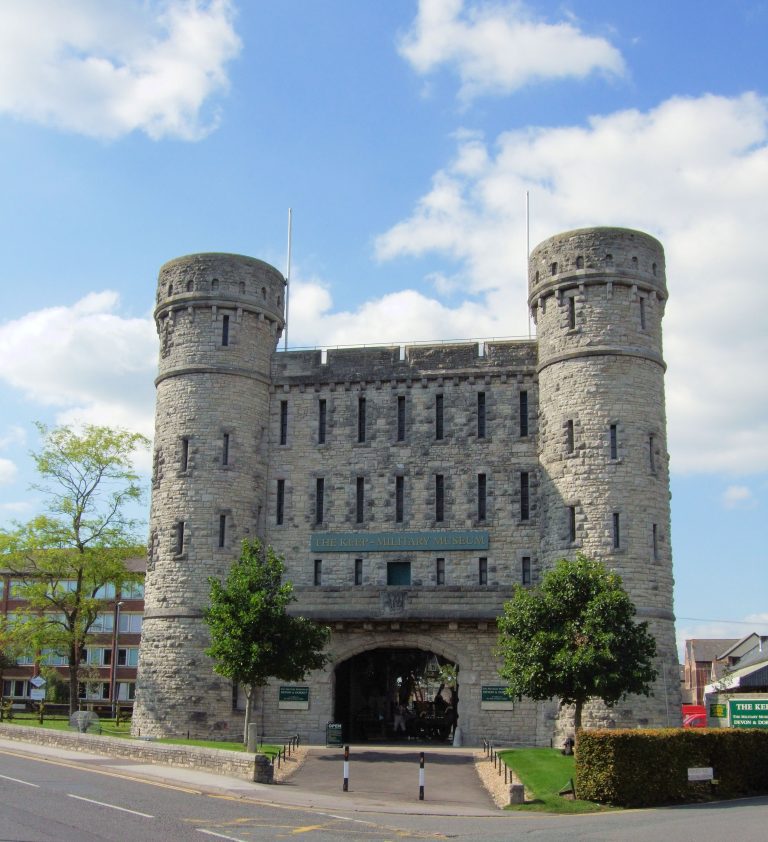
Global Talent Visa Services in Dorset with Rumesh UK Immigration
Looking to secure a Global Talent Visa in Dorset ? At Rumesh UK Immigration, we are committed to providing expert immigration services to help you navigate the complex process of obtaining a Global Talent Visa. Whether you’re a professional seeking opportunities or a business looking to expand in Dorset, our tailored services ensure that your application is handled efficiently and accurately.
What is the Global Talent Visa ?
The Global Talent Visa is designed for individuals or businesses looking to live, work, or establish operations in Dorset and the rest of the UK. This visa also known as Tier 1 Exceptional Talent Visa. With this visa, you can:
- Gain access to the competitive job market in Dorset.
- Start or expand your business in the thriving economy of Dorset.
- Secure long-term residency in Dorset with a pathway to settlement in the UK.
- Benefit from the freedom to live and work across the UK while based in Dorset.
At Rumesh UK Immigration, we specialize in assisting individuals and businesses in Dorset with the Global Talent Visa application, ensuring your success.
Benefits of the Global Talent Visa in Dorset
The Global Talent Visa offers a wide range of benefits for those looking to live and work in Dorset, including:
- No Sponsorship Needed: Apply for the Global Talent Visa without needing an employer to sponsor you.
- Work Flexibility: The Global Talent Visa allows you to work freely in Dorset, whether as an employee or a business owner.
- Pathway to Permanent Residency: With a successful Global Talent Visa application, you can achieve permanent residency in Dorset.
- Freedom of Movement: The Global Talent Visa allows you to travel easily in and out of the UK, while making Dorset your base.
How We Help with Your Global Talent Visa in Dorset
Our comprehensive services at Rumesh UK Immigration are designed to guide you through every step of your Global Talent Visa application in Dorset:
- Eligibility Consultation: We evaluate your situation and determine your eligibility for the Global Talent Visa in Dorset.
- Document Preparation: We help gather and prepare all necessary documents for a smooth application process in Dorset.
- Application Review: We review your application for the Global Talent Visa in Dorset to ensure all requirements are met.
- Support Throughout the Process: Our team provides continuous updates and advice throughout the process to ensure your Global Talent Visa application in Dorset is successful.
Contact Rumesh UK Immigration
Ready to begin your Global Talent Visa journey in Dorset]? Contact us today for expert guidance and a seamless immigration experience.
- Phone: +44 015 151 2553
- Email: info@rumeshjanqwz.site
- Office: 123 Main Street London, United Kingdom
Location Info – Dorset
Dorset ( DOR-sit; archaically: Dorsetshire DOR-sit-sheer, -shər) is a ceremonial county in South West England. It is bordered by Somerset to the north-west, Wiltshire to the north and the north-east, Hampshire to the east, the Isle of Wight across the Solent to the south-east, the English Channel to the south, and Devon to the west. The largest settlement is Bournemouth, and the county town is Dorchester.
The county has an area of 2,653 km (1,024 sq mi) and a population of 772,268. Around half of the population lives in the South East Dorset conurbation, which contains three of the county’s largest settlements: Bournemouth (183,491), Poole (151,500), and Christchurch (31,372). The remainder of the county is largely rural, and its principal towns are Weymouth (53,427) and Dorchester (21,366). Dorset contains two unitary authority areas: Bournemouth, Christchurch and Poole (BCP) and Dorset. The county did not historically include Bournemouth and Christchurch, which were part of Hampshire.
Dorset has a varied landscape of chalk downs, steep limestone ridges, and low-lying clay valleys. The majority of its coastline is part of the Jurassic Coast World Heritage Site due to its geological and palaeontologic significance, and features notable landforms such as Lulworth Cove, the Isle of Portland, Chesil Beach and Durdle Door. The north of the county contains part of Cranborne Chase, a chalk downland. The highest point in Dorset is Lewesdon Hill (279 m (915 ft)), in the southwest.
There is evidence of Neolithic, Celtic, and Roman settlement in Dorset, and during the Early Middle Ages the region was settled by the Saxons; the county developed in the 7th century. The first recorded Viking raid on the British Isles occurred in Dorset during the eighth century, and the Black Death entered England at Melcombe Regis in 1348. The county has seen much civil unrest: in the English Civil War an uprising of Clubmen vigilantes was crushed by Oliver Cromwell’s forces in a pitched battle near Shaftesbury; the doomed Monmouth Rebellion began at Lyme Regis; and the Tolpuddle Martyrs, a group of Dorset farm labourers, were instrumental in the formation of the trade union movement. During the Second World War, Dorset was heavily involved in the preparations for the invasion of Normandy, and the large harbours of Portland and Poole were two of the main embarkation points. Agriculture was historically the major industry of Dorset, but is now in decline in favour of tourism.